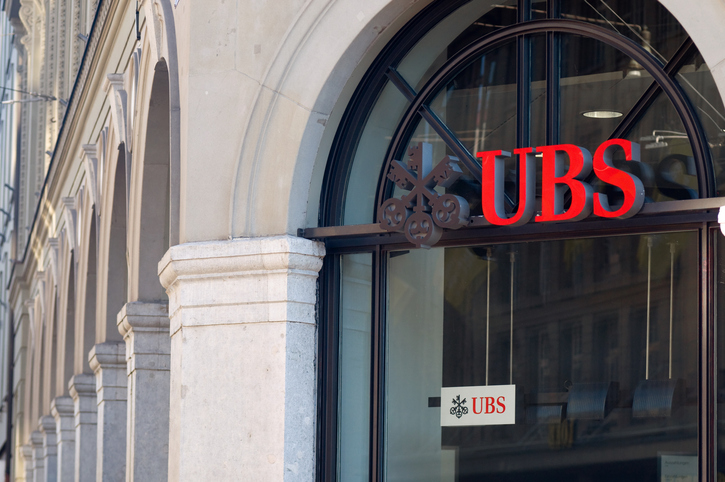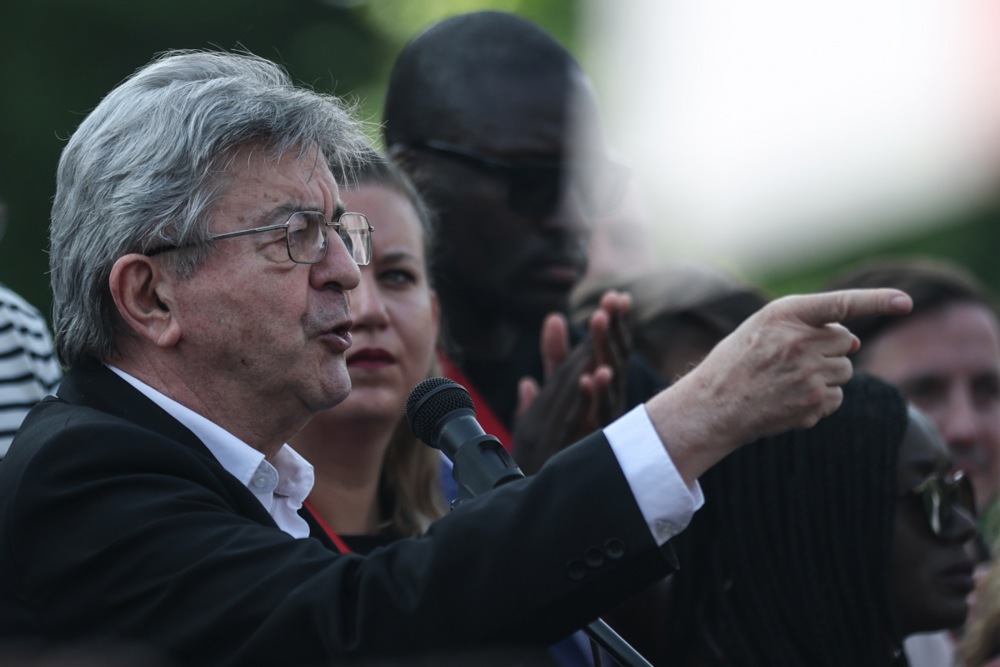Switzerland’s new European Union agreement has split unions and political parties, some of whom are calling for a national referendum.
The agreement, initially negotiated in late 2014, received approval from the Swiss Federal Council on June 13 this year, which also launched a consultation process with cantons, municipalities and cities, political parties, umbrella organisations representing the economy and other interested parties.
The agreements remove trade barriers, open Swiss agriculture to EU rules and connect Swiss hydropower to the EU network, thus making Switzerland’s energy production dependent on the bloc’s needs.
While Brussels hails the deal, the treaty faces an uphill battle in Switzerland: Full implementation by 2028 now hinges not only on sign-offs in Brussels and Bern but also on winning hearts and votes in Switzerland.
Swiss Federal authorities argue the package continues the country’s bilateral approach with the EU and “does not mark a shift in foreign policy”.
According to the Council, doing nothing would gradually limit Swiss participation in the European market and reduce cooperative initiatives.
Domestic reactions, though, have swung between cautious support and criticism.
Yesterday, the Swiss Farmers’ Union (SFU) gave its cautious backing, welcoming the stabilisation of the agricultural accord while flagging uncertainties.
The key concerns include the dynamic adoption of laws in the food security sector, the impacts of which remain unclear at the national level.
Despite its measured support, the SFU insisted the ultimate decision should rest with the people, calling for a double-majority referendum to ensure democratic legitimacy.
The Liberal party (FDP), which supports the agreement, also decided the deal should be put to a vote, but only a popular vote, not the double majority of cantons and citizens called for by the SFU.
The country’s main trade union, the Swiss Trade Union Federation (USS), threw its weight behind the agreement. It argued that it can modernise wage protections while minimising negative impacts on international labour mobility, although it also expressed some reservations.
The right-wing Swiss People’s Party (SVP) refused to back it, calling it a “colonial treaty”.
According to Magdalena Martullo-Blocher, SVP Vice-President: “The package of agreements with the EU means the introduction of foreign law, foreign judges and arbitrary sanctions.
“This is tantamount to colonial subjugation! Due to its decisive scope, this package of agreements with the EU must also be submitted to the people and the cantons for approval.
“We will be at the mercy of the EU and lose our self-determination, our democracy and our federalism,” she added.
The party argues: “The treaty of accession to the EU will upend our proven state system and destroy our Swiss model of success.”
SVP warns that the deal could hand Brussels “unprecedented influence over Bern”, saying that under the plan, Switzerland would automatically adopt EU laws in key sectors. At the same time, EU courts would have the final say in disputes, effectively putting foreign judges in place over Swiss decisions.
Its members also fear a loss of popular rights, as refusal to comply could trigger EU sanctions, and warn of rising immigration and multi-billion franc payments to the bloc.
Despite ongoing domestic debate, Switzerland has already been participating in EU programmes under a broader package including Horizon Europe, Erasmus+, Euratom, ITER/Fusion for Energy, Digital Europe and EU4Health.
This is the first of the 2024 bilateral deals to be signed and was green-lighted on October 21 by the EU Council.
Marie Bjerre, Minister for European affairs of Denmark, which currently holds the EU Council presidency, said: “Our partnership with Switzerland is longstanding and based on common values. In the current complex and evolving geopolitical context, our relationship needs to be expanded and modernised to be a better fit for the future.”





